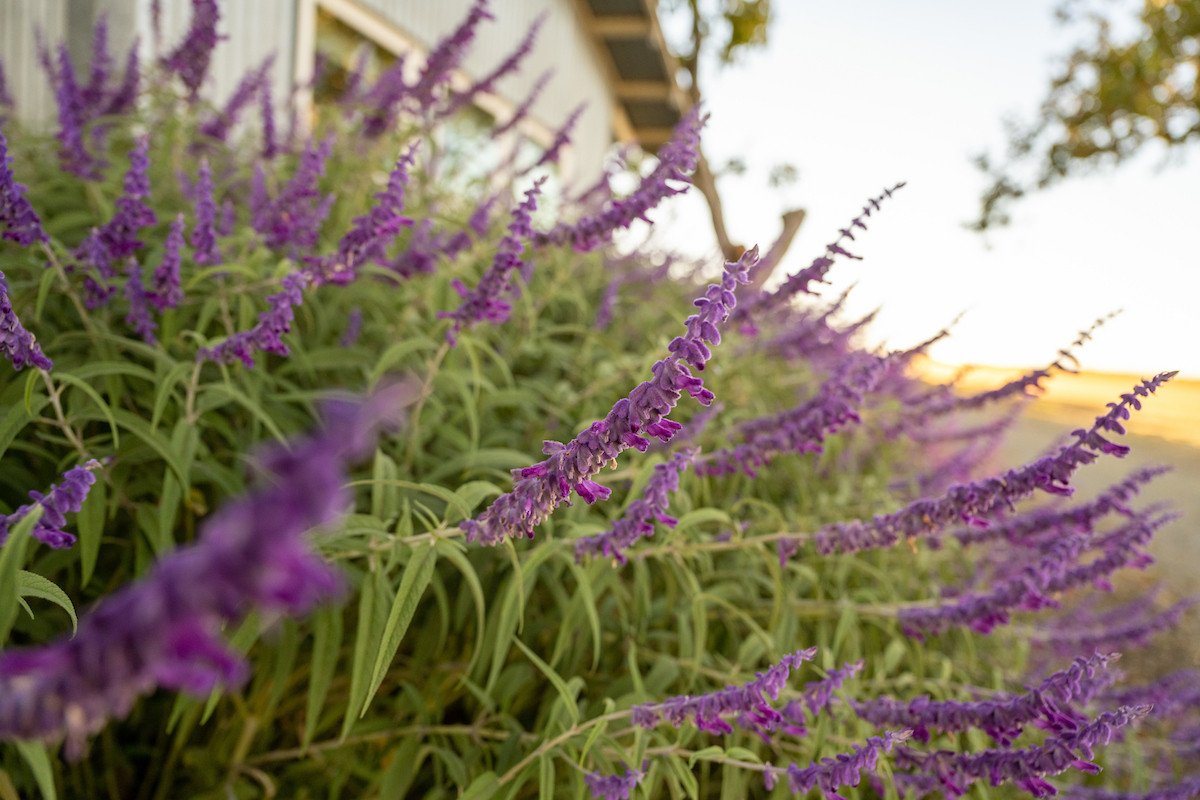AFT Issues Texas Smart Solar™ Survey Report
Nearly Half of Respondents Support Solar Development on Agricultural Land
(Washington, D.C.) American Farmland Trust published its Texas Smart Solar™ report, which analyzed Texas farmer, rancher, and landowner perspectives on solar development and farmland, and found that nearly half of respondents support solar development on agricultural land.
"Texas has also always been an energy state, and solar is the newest chapter in that story,” said AFT Texas Smart Solar Specialist Garrett Bader. “But it is also the most land intensive. Our solar survey was critical in capturing the perspectives of both producers and landowners, helping us better understand not just the challenges they face today, but also the opportunities emerging in this space and how we can best support it."
The survey also found that impacts and challenges for tenant farmers were geographically dependent, with some who identified that reduction in land availability and increased rents near solar projects, while others considered land fragmentation, development, and generational succession as greater challenges. Farmers said that solar leasing was a means for supplemental income and a way to support their ability to operate, but they lack information and trusted resources to understand those opportunities.
The survey targeted nearly 200 agricultural producers and landowners across the Lone Star State who shared their views on support for and impacts of solar development, agrivoltaics, solar leasing, off-farm solar, and financial incentives. The survey also explored preferences for siting practices and locations, trusted sources of information, and impacts of solar development on land access.
AFT recommends several actions for Texas farmers, including to: 1) Prioritize siting solar development on low-conflict land, 2) Support tenant farmers through agrivoltaics, 3) Incentivize agrivoltaic project design, 4) Improve agrivoltaics and solar lease education for agricultural producers and landowners, and 5) Train agricultural and conservation professionals on solar integration.
With more than 230,00 farms and ranches covering over 125 million acres, more than any other state, Texas has rapidly expanded solar energy generation, particularly utility-scale solar. Over the past four years, solar power generation in Texas has more than tripled, and since 2024, the state has led the nation with the most installed utility-scale solar.
“The bottom line is that Texans are not fundamentally opposed to solar, but they want it done right,” said AFT Texas Regional Director Sarah Fulton-Smith. “Whether siting projects on less productive, marginal farmland or incorporating agrivoltaics, solar development can provide opportunities to keep land in agriculture and sustain farming and ranching operations. However, there is an information gap that needs to be addressed so that solar expansion can have better outcomes for agricultural producers, landowners, and rural communities. As the state with the most agricultural land and the most utility-scale solar development, Texans have an opportunity to support both, often on the same land. We need both renewable energy and thriving farms and ranches, and Texas can be an example of how to achieve these mutual benefits for a prosperous future.”
###
American Farmland Trust is the only national organization that takes a holistic approach to agriculture, focusing on the land itself, the agricultural practices used on that land, and the farmers and ranchers who do the work. AFT launched the conservation agriculture movement and continues to raise public awareness through our No Farms No Food® message. Since our founding in 1980, AFT has helped permanently protect over 8 million acres of agricultural lands, advanced environmentally sound farming practices on millions of additional acres, and supported thousands of farm families.




